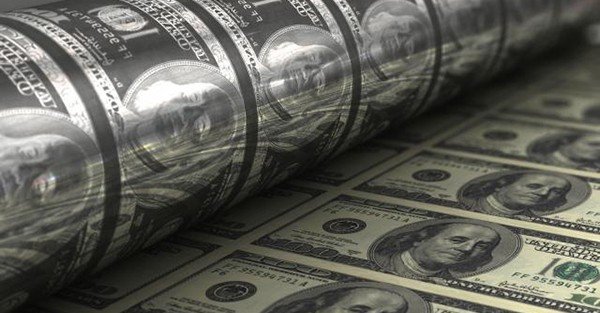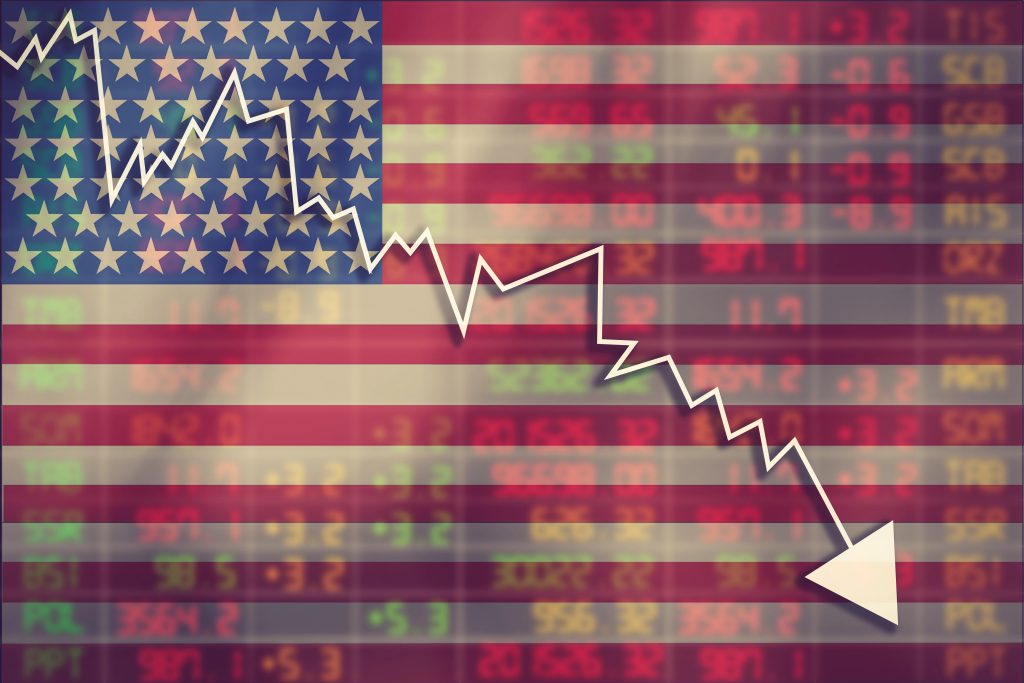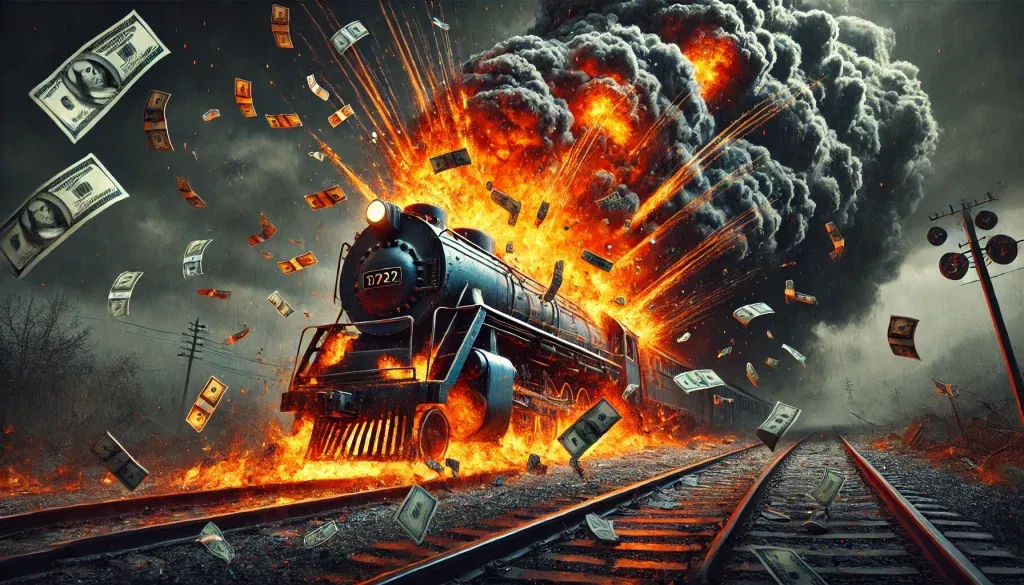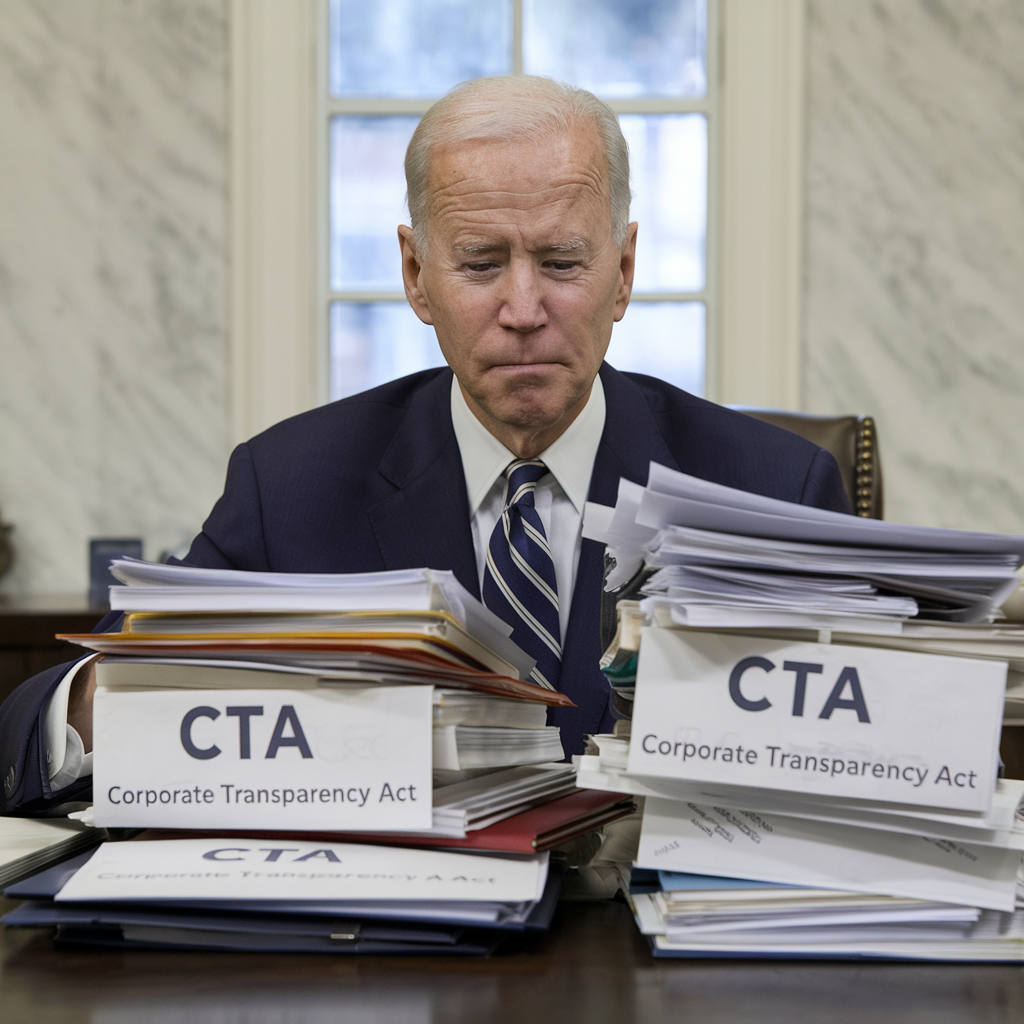[Editor’s note: Tim Price, London-based wealth manager, is filling in for Simon today.]
In the field of mathematics, chaos theory studies the behavior of systems that are highly sensitive to initial conditions.
The idea in chaos is that, like life itself, where you start today has tremendous influence on what happens next.
In chaos, even very tiny changes to initial conditions can lead to wildly divergent outcomes further down the line.
Again, think about life: how different would your outcome be if you’d been born in the next town over? Or to different parents?
The film ‘Jurassic Park’, adapted from Michael Crighton’s novel, brought chaos theory into the popular realm.
A wealthy scientist, John Hammond (played by Richard Attenborough), uses DNA derived from fossilized mosquitoes to recreate dinosaurs on a remote island.
But once brought back to life, won’t they breed?
No, says Hammond. Because all the dinosaurs on the island are engineered to be female, by way of chromosome control.
Dr. Ian Malcolm, a chaos expert played by Jeff Goldblum, has been brought along to assess the project. His assessment is skeptical to the point of hostility:
“[T]he kind of control you’re attempting is not possible. If there’s one thing the history of evolution has taught us, it’s that life will not be contained. Life breaks free. It expands to new territories. It crashes through barriers. Painfully, maybe even… dangerously…
“I’m simply saying that life… finds a way.”
Life -nature- does indeed find a way, and Malcolm barely survives into the inevitable sequel.
Jurassic Park is, of course, a work of fiction.
That central banks that exist today, on the other hand, are fact.
And it is fact that for several years they have been attempting to artificially manipulate the market.
We are seeing this now with the Chinese government’s vain attempts to control the carnage in the Shanghai and Shenzhen stock exchanges.
But Western market observers have no claim to moral superiority.
Western central banks have, for years, been pulling the same failed stunt, propping up the market by manipulating interest rates.
Perhaps they should stop with these policies. But that is not the way of the bureaucrat. The beatings must continue until morale improves.
Since the global financial crisis, the financial markets have been a battleground between the forces of deflation and inflation.
Deflation represents the free market. A free market wants to reset the game, and clear all the redundant pieces from the table.
Inflation represents the State, and the central banks (whose notional independence may be unlikely to survive this ongoing crisis).
The State wants to perpetuate itself, and is indifferent to the costs incurred to its citizens in the process.
Bankruptcy, inflation, deflation, market panics, banking crises, currency crises, capital controls? These are all acceptable losses in the eyes of the State.
But one of the hallmarks of chaos is that it is impossible to make precise long-term predictions, especially in addressing the question ‘when’.
Imagine dropping grains of sand onto a table.
At first it’s just a single grain. Then two. Then three. Then eventually thousands. Soon a pile of sand forms.
For some time, the pile of sand will remain stable.
But at a certain point, the addition of one more single grain of sand can cause the entire pile to collapse. But we cannot predict in advance which grain that will be.
Similarly, we cannot predict which additional dollar, euro, pound, yen, etc. worth of debt will be the one that causes the pile of debt to collapse.
We cannot predict which additional dollar, euro, pound, yen, etc. printed by central banks will be the one to cause confidence in the currency to sink.
But we can see the mountains of debt and paper money growing ever larger, posing greater and greater risks to the system.
Nothing is risk-free in this system of chaos. And there is no longer any easy solution to safely grow or preserve your capital.
Risk is now everywhere. If you invest in the markets, there is risk of temporary or permanent loss of capital.
Even if you do nothing and simply hold cash in a bank, there is bail-in risk and financial repression.
This is our reality now… the consequence of a financial system that’s at least a century old.
In a way, today’s mad scientist central bankers have engineered financial dinosaurs back into our time.
They think they can control the system. But judging just from the first chaotic week in financial markets so far in 2016, life is finding a way.
And anyone who understands this chaos is preparing to survive into the inevitable sequel with an extremely well-balanced portfolio in full view of the risks.
For us that means buying shares of the most pragmatic, attractively priced, high quality businesses run by honest management.
Additionally, we invest in systematic trend-following funds that offer the potential to benefit in both rising and falling markets, along with precious metals, and selected cash holdings.







